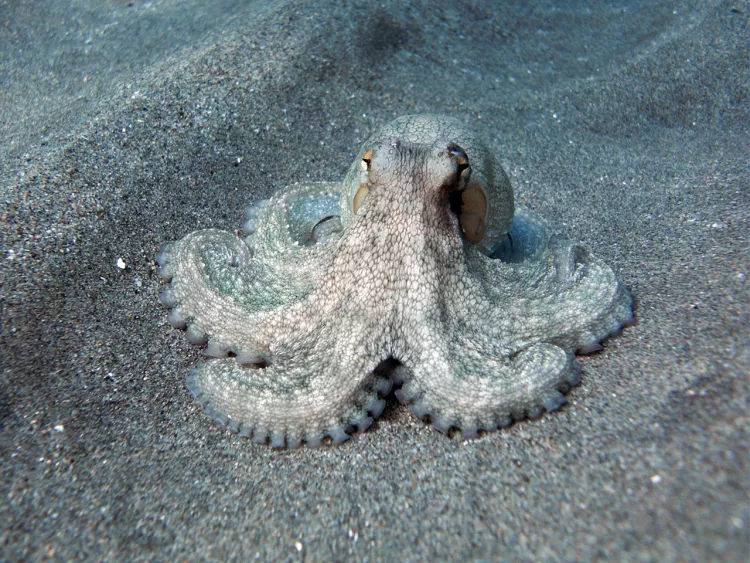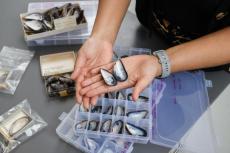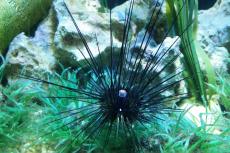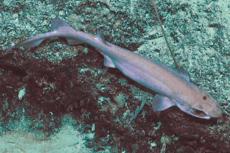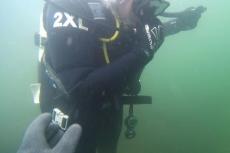New study deciphers octopus locomotion
Utilizing high-speed cameras, scientists have discovered how octopuses coordinate their arms to crawl
Researchers from Jerusalem’s Hebrew University have filmed crawling octopuses to learn how the animals utilized their flexible arms when they move. Until now, scientists have struggled to understand how their elaborate crawling movements are coordinated. The answer proved remarkably simple: they just choose which arm to use to push themselves along without a trace of rhythm.
The study, published in the journal Current Biology, is the first detailed investigation of how octopuses move without a rigid skeleton. Octopus locomotion is of particular interest to engineers, whose objective is the design of biologically inspired robots. "People want to build soft robots for medical purposes and rescue operations," said Dr Guy Levy, a researcher involved in the project.
Motion analysis
Such soft-bodied, octopus-inspired arms would not be limited by fixed joints, which could be useful to access narrow, difficult-to-reach spaces. To determine the octopus' remarkably efficient movement, Levy and his colleague Prof Benny Hochner recorded the animals crawling from below, analyzing the motion frame by frame. By shortening and lengthening, each arm pushed the body in only one direction.
"So the octopus only has to decide which arm to use for the pushing–it doesn't need to decide which direction this arm will push," explained Levy. "[It has] found a very simple solution to a potentially complicated problem–it just has to pick which arm to recruit," he added.
As the creatures are able to push off any of their eight legs, they are able to crawl in any direction, regardless of which way their body is facing. Uniquely, there is no rhythm or pattern to their undulating limb movements.
The scientists' next step is to analyze the octopus' nervous system to discover how this coordinated crawling is controlled. “Every time we try to understand something new about the octopus, there are new surprises," said Levy.
- Log in to post comments


